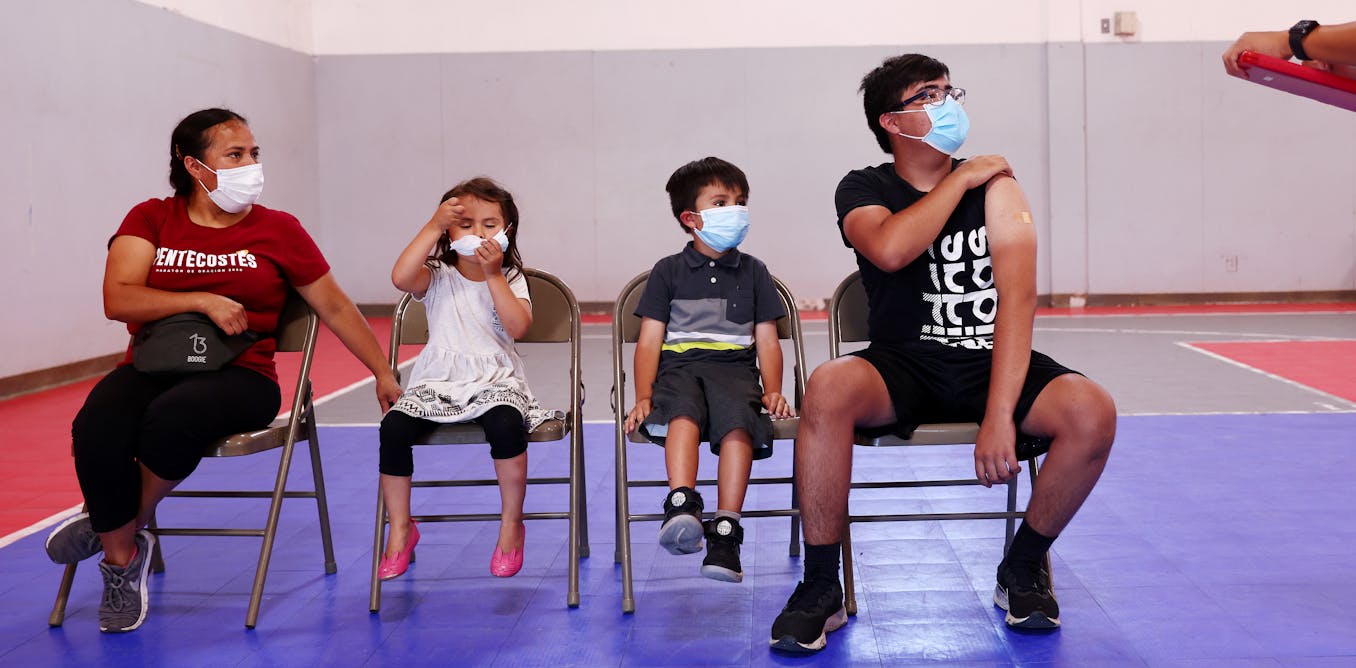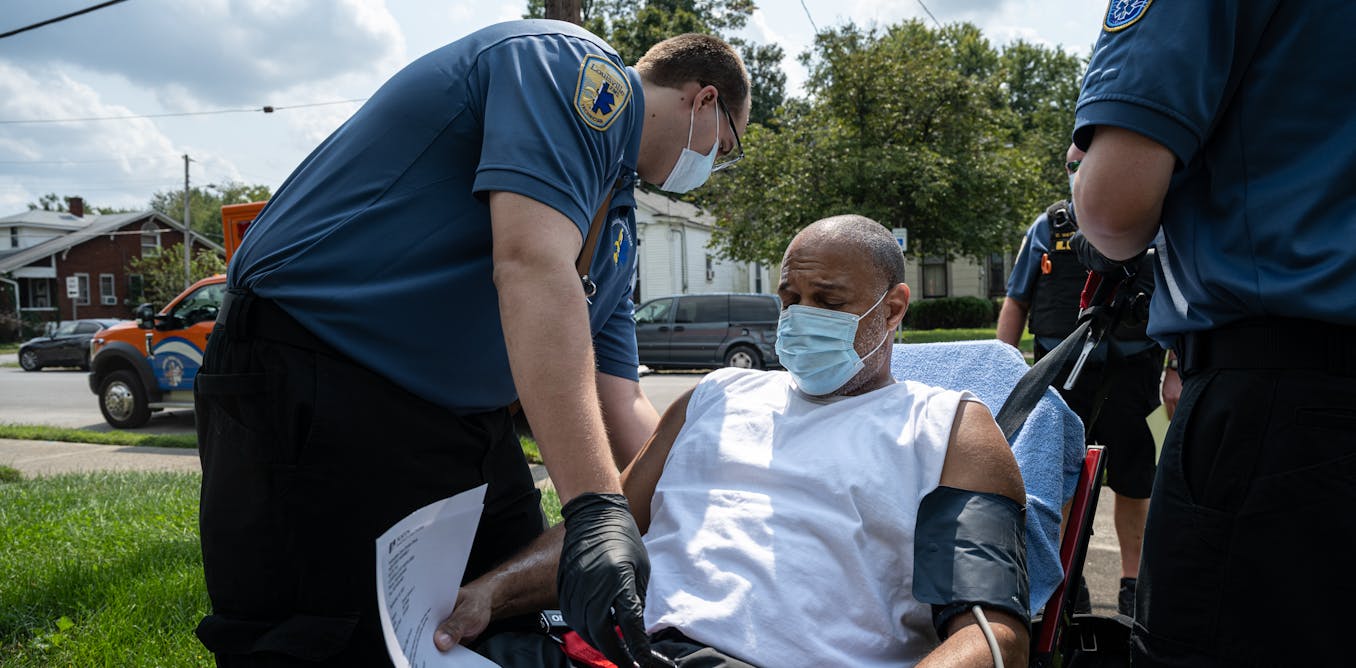Despite its disastrous effects, COVID-19 offers some gifts to medicine – an immunology expert explains what it can teach us about autoimmune disease
COVID-19 has taken away so much. An immunology researcher describes the good it may leave behind.
Feb. 16, 2022 • ~8 min








